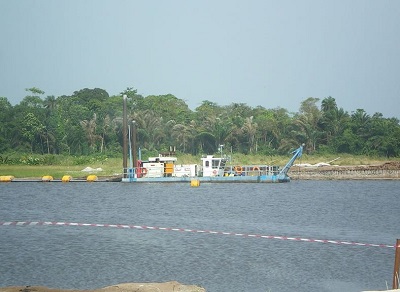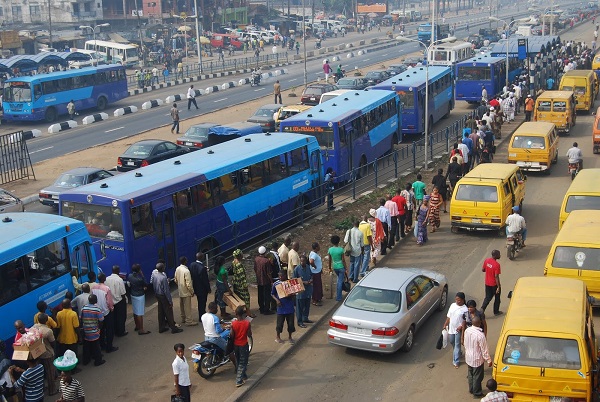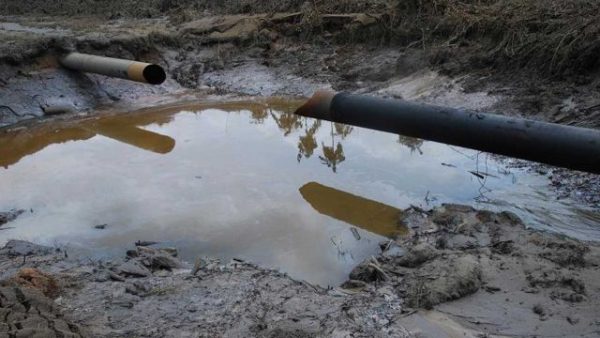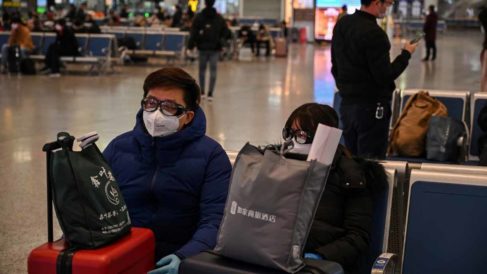Adhering To Safety Measures On Nigerian Waterways

By Oyeniyi Iwakun
Last week Sunday was another black day for Nigeria as some residents of Lagos were thrown into mourning. A boat which reportedly took off from an illegal Jetty conveying worshippers (mainly children) capsized around Ilashe area as a result of overloading thereby leaving about twelve (12) people dead. Quite sardonic that the number of people on board couldn’t be ascertained as the search team claimed it was still at work looking for the missing persons.
Aside the Sunday incident, there have been several issues of boats mishap in rural and other major waterways within the Nigerian territorial waters that has been left unreported by government agencies and even the media.
Notably is the rampant occurrence in Lagos state where this mode of transportation seems to have gained patronage due to the relative traffic congestions and deplorable state of the roads.
Activities on the Nigerian waterways seems to have been left unregulated by government and relevant enforcement agencies over the years due to the trivialities attached to this means of transportation forgetting that it has been the major means of traversing one community to the other in the riverine areas of the Nigerian coastal States like Delta, Rivers, Bayelsa, Ondo etc. Probably, government feels no reasonable revenue is generated from the medium.
In 2016, the case of a boat that took off from Ijede, conveying 17 passengers capsized, killing seven (7) persons in Badore area of Eti-Osa Local Government Area of Lagos State. In a related development, Twenty (20) people from Ebute Ero on Lagos Island to Majidun, Ikorodu capsized claiming the lives of eight people. It was reported to have hit an object in the lagoon before going down, according to Bell Marine Services, owner of the boat.
Again, not too long after, thirteen (13) young girls perished when their boat capsized in River Gilbi between Tsuburi Darai and Gilma villages in Jahun Local Government Area of the state.
Common causes of Boats mishap are due to the activities of sand dredgers who fill a section of the water with sand without the knowledge of the boat operators also make them run into the accumulated sand, tumble and fall off. Other factors include; overloading, overspeeding, lack of adequate knowledge on rules and regulations guiding boats operation, wrecks and logs on waterways and many others.
Mr. Gani S. Balogun, the Managing Director (MD) of Tarzan Marine Enterprise and president, Association of Tourist Boat Operators and Water Transportation of Nigeria (ATBOWATON) while speaking with MMS Plus attributed the major causative agents of boat mishaps to overloading and non-compliance with safety measures, “for instance it was reported that none of the persons on board in the Sunday incident wore life jacket . What a pity!”
“Accidents can happen anytime, nobody knows what is under the water that can make boats capsize, therefore everyone must always put on the life jacket on the waterways even if you are just going to the beach. That could save lives.” he said.
Mr. Balogun opined that government alone cannot solve the problem as individuals have major roles to play in ensuring safety on waterways. He however called for more orientation and public sensitization by government on measure to adopt for smooth water transportation.
“Government might not be able to monitor everybody like the Federal Read Safety Corps (FRSC) cannot check everybody who complies with the seat belts usage while driving on the road. We need to follow rules and I think government can engage in public enlightenment through the media for people to know importance of life jacket evenif they are fishermen or professional swimmers.” He said.
Apparently, the Nigerian water transport has been effective and maximized in movement of goods and services outside and into the country (export and import activities) which basically rests on international relations or says international trade. In fact, Nigeria derives its major revenue from the activities at the seaports.
Boat mishaps can be curtailed through strict adherence to safety rules and regulations especially the use of life jackets.
Boat drivers should be given adequate training on the use of water ways by relevant agencies. Illegal sand mining should stop and technology transfer that provides a tremendous resource for protecting the lives of aviators and mariners makes it possible with a 406 MHz beacon, for a distress message to be sent to the appropriate authorities from anywhere on Earth 24 hours a day, 365 days a year.







